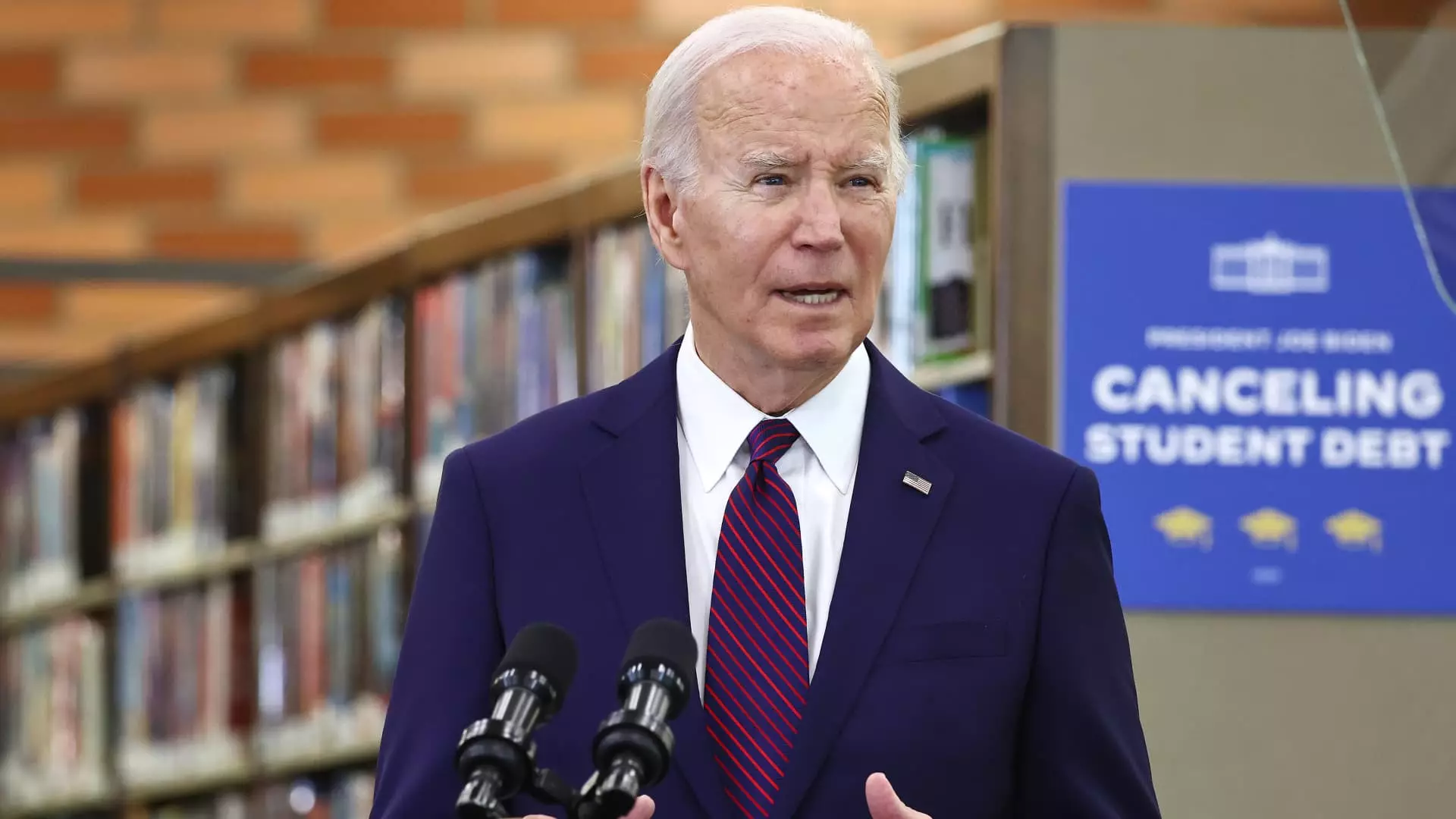President Joe Biden recently introduced a revised student loan forgiveness plan after facing setbacks with his initial proposal last year. This new plan aims to address the burden of student loan debt on working- and middle-class individuals.
Biden’s Plan B targets specific groups of borrowers rather than attempting to forgive the debt of all 40 million federal student loan borrowers, as in his previous proposal. The revised plan focuses on borrowers who are already eligible for debt cancellation, those who have been in repayment for 20 years or longer on their undergraduate loans, individuals who attended schools of questionable value, and those experiencing financial hardship.
One significant change in Biden’s new student loan forgiveness plan is the narrowing of aid to specific groups of borrowers. This targeted approach is aimed at increasing the plan’s chances of surviving legal challenges. Additionally, the new plan includes provisions for forgiving up to $20,000 in unpaid interest on federal student debt for all borrowers, regardless of their income.
Critics of broad student loan forgiveness, including Missouri Attorney General Andrew Bailey, have voiced concerns about Biden’s new plan. Bailey, a Republican, accused the President of attempting to bypass the Constitution with his relief efforts. In the past, Republican-led states such as Missouri, Arkansas, Iowa, Kansas, Nebraska, and South Carolina have brought legal challenges against Biden’s debt relief initiatives, arguing that they exceeded the President’s authority and would negatively impact lenders.
As the Biden administration prepares to release its new student loan forgiveness plan, experts anticipate further legal challenges from opponents of broad debt relief. Higher education expert Mark Kantrowitz believes that the ongoing legal battles surrounding student loan forgiveness highlight the contentious nature of this issue.
President Joe Biden’s new student loan forgiveness plan represents a strategic shift in addressing the challenges faced by borrowers burdened with education debt. By targeting specific groups of individuals and focusing on alleviating the financial hardship caused by student loans, the Biden administration aims to provide relief while navigating legal obstacles and criticism from opponents of broad debt forgiveness initiatives.

